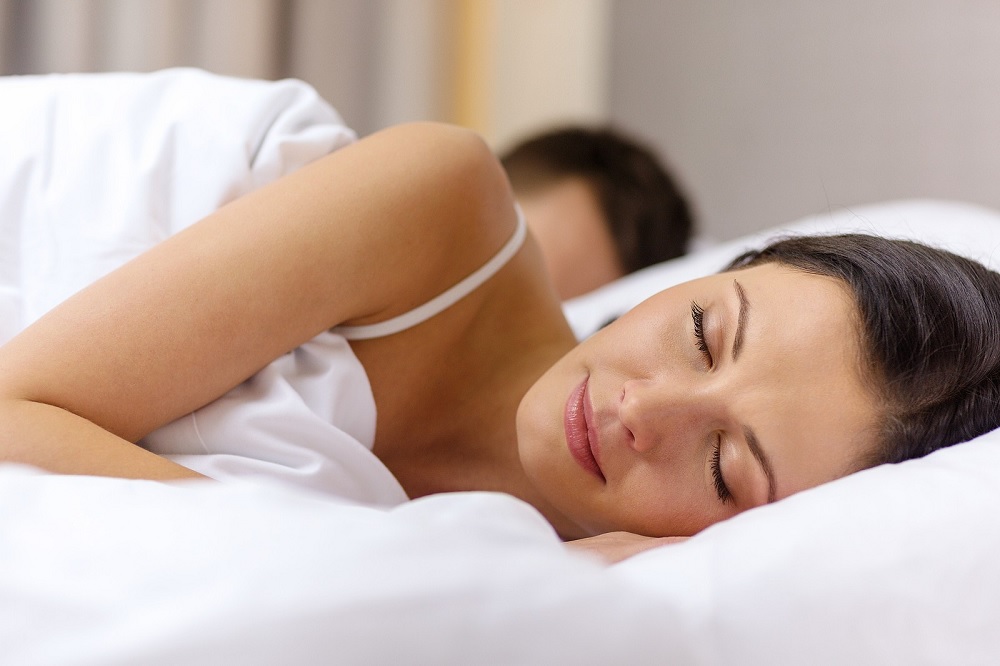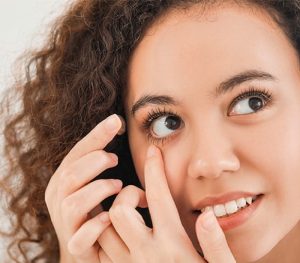Sleep is essential for maintaining good health, and its impact on various aspects of the body is well-documented. While most people understand how important sleep is for cognitive function, physical recovery, and emotional well-being, its influence on eye health is often overlooked. A proper night’s rest does more than rejuvenate your body—it plays a crucial role in keeping your eyes healthy and functioning properly. In this article, we will explore how sleep directly affects your eye health and why ensuring quality rest is vital for maintaining optimal vision.
The Importance of Sleep for Eye Health
During sleep, the body enters a restorative phase where numerous physiological processes take place. These processes are vital for the well-being of every organ, including the eyes. While you sleep, your eyes undergo essential maintenance, including the replenishment of tear production and the restoration of cells in the cornea. Without adequate rest, these processes cannot take place efficiently, leading to various eye problems.
How Lack of Sleep Affects Your Eyes
The effects of insufficient sleep on the eyes are not always immediately obvious, but over time, poor sleep habits can lead to a range of uncomfortable symptoms and conditions.
1. Dry Eyes and Irritation
One of the most common eye problems caused by inadequate sleep is dry eye syndrome. Sleep deprivation can lead to a reduction in the production of tears, which are essential for keeping the eyes moist and free from irritation. This dryness can cause discomfort, redness, and even blurry vision. In more severe cases, prolonged dry eyes can increase the risk of developing corneal damage or infections.
During sleep, the body produces more tears, and the eyelids close to allow the eyes to remain moist. Without enough rest, this natural replenishment cycle is disrupted, and the eyes may struggle to maintain optimal moisture levels.
2. Increased Eye Strain and Fatigue
When you do not get enough sleep, your eyes are more likely to become fatigued. Eye strain occurs when the muscles around the eyes are overworked, often due to extended periods of close-up activities such as reading, staring at a computer screen, or looking at your phone. Sleep deprivation exacerbates eye strain, making it harder for the eyes to focus and causing discomfort. This can lead to symptoms like blurred vision, headaches, and a general feeling of tiredness.
Rest is critical for the eyes to recover from the daily stresses they endure. Without adequate sleep, the muscles around the eyes cannot relax and rejuvenate, which results in increased strain and difficulty in maintaining clear vision.
3. Dark Circles and Puffy Eyes
One of the most noticeable effects of sleep deprivation is the appearance of dark circles and puffiness around the eyes. When you don’t sleep enough, the blood vessels under your eyes can become dilated and more visible, leading to the characteristic dark circles. Lack of sleep can also cause fluid retention around the eyes, resulting in puffiness.
While these symptoms may not directly affect vision, they can be a sign of poor eye health. The skin around the eyes is delicate, and chronic sleep deprivation can contribute to the breakdown of collagen, making the area more prone to wrinkles and sagging.
How Sleep Contributes to Long-Term Eye Health
Beyond the immediate effects of poor sleep, inadequate rest can also have long-term consequences for your eye health.
1. Increased Risk of Eye Diseases
Chronic sleep deprivation has been linked to an increased risk of developing various eye diseases. For example, studies suggest that people who do not get enough sleep may be more susceptible to conditions like glaucoma, a serious eye disease that can lead to blindness. Sleep deprivation affects intraocular pressure, which is a key factor in the development of glaucoma. When the body does not rest, it may fail to regulate eye pressure effectively, putting extra strain on the optic nerve and increasing the risk of nerve damage.
In addition to glaucoma, inadequate sleep can contribute to other eye conditions such as diabetic retinopathy, a complication of diabetes that affects the blood vessels in the retina. Proper rest supports overall vascular health, including the blood vessels in the eyes, and can reduce the risk of complications from conditions like diabetes.
2. Impaired Vision and Slower Recovery from Eye Fatigue
When sleep is compromised over a long period of time, it can lead to persistent vision problems. One of the main functions of sleep is to allow the brain and body to repair and recover. The eyes are no exception to this rule. During deep sleep, the body works to repair damaged tissues and restore the cells in the cornea, which is vital for maintaining clear vision. Without adequate rest, these processes are delayed or inhibited, leading to slower recovery from eye fatigue and diminished visual performance.
Individuals who experience chronic sleep deprivation may notice a gradual decline in their ability to focus clearly, as well as increased difficulty in adapting to changes in light conditions, such as when moving from a dark environment to a brightly lit one.
How Much Sleep is Needed for Healthy Eyes?
The amount of sleep required for optimal eye health can vary depending on individual needs, but the general recommendation is 7-9 hours of sleep per night for adults. Children and teenagers typically need more sleep to support their growth and development. Getting sufficient rest ensures that the body, including the eyes, has enough time to undergo the restorative processes necessary for long-term health.
While the exact sleep needs of each person may vary, consistent, quality sleep is essential for maintaining healthy eyes. Individuals who struggle with sleep disorders such as insomnia or sleep apnea may need to seek professional help to address the root cause of their sleep deprivation.
Tips for Improving Sleep and Eye Health
If you find yourself struggling with sleep or experiencing eye discomfort due to lack of rest, there are several steps you can take to improve both your sleep quality and eye health:
- Establish a sleep routine: Going to bed and waking up at the same time each day can help regulate your sleep cycle.
- Limit screen time before bed: The blue light emitted by phones, tablets, and computers can interfere with the production of melatonin, a hormone that regulates sleep.
- Create a sleep-friendly environment: Keep your bedroom dark, cool, and quiet to promote restful sleep.
- Stay hydrated: Dehydration can exacerbate dry eyes, so make sure to drink plenty of water throughout the day.
- Take breaks from screen use: Following the 20-20-20 rule—looking at something 20 feet away for 20 seconds every 20 minutes—can help alleviate eye strain during the day.
The Bottom Line
Sleep is essential not just for feeling rested and rejuvenated but also for maintaining eye health. Poor sleep can lead to dry eyes, increased strain, dark circles, and a heightened risk of serious eye conditions. By prioritizing quality sleep, you can help protect your eyes from unnecessary strain and reduce the risk of long-term eye health problems. Make sleep a priority, and your eyes will thank you for it.















